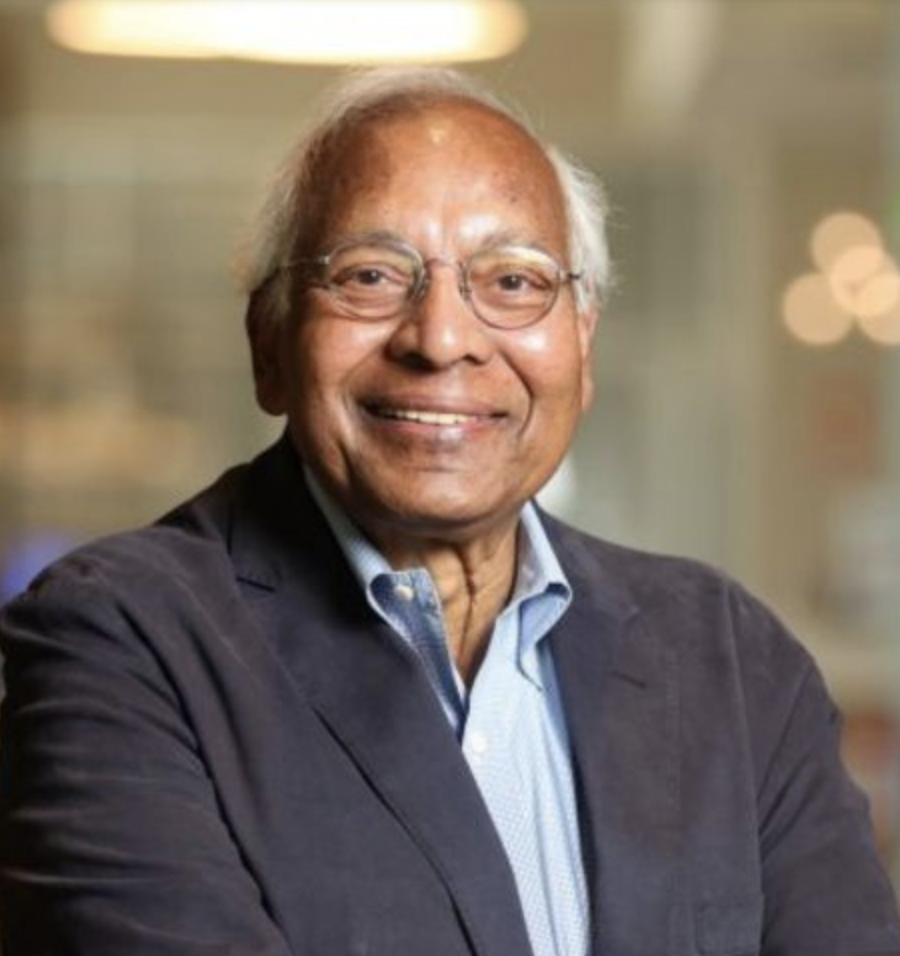Anil Jain, a University Distinguished Professor and Douglas E. Zongker Endowed Professor in Michigan State University’s College of Engineering, has been awarded the BBVA Foundation Frontiers of Knowledge Award in the Information and Communication Technologies category along with Michael I. Jordan of the University of California, Berkeley for “core contributions to machine learning by teaching computers to recognize patterns and make predictions based on large data sets. This research has unlocked new applications that have had a far-reaching impact on society.”
The BBVA Foundation Frontiers of Knowledge Awards recognize and reward research excellence, highlighting the collaboration and interdisciplinary nature of research and cultural creation, especially contributions that have achieved broad impact due to their originality and significance in eight categories spanning basic scientific research, art and humanities. Twenty global researchers received awards this year.

Jain is a world-renowned expert in pattern recognition for his work devising algorithms to classify and cluster high-dimensional data, which he started in 1972. In the early 1990s, he realized the potential of a new type of computer processor, called Field Programmable Gate Arrays, or FPGA, for both enhancing fingerprint image quality and to compute the probability of two fingerprints matching. Jain’s group showed that by using FPGAs, fingerprint matching could be done 100 times faster than the prevailing methods at the time. This research led to six patents that were licensed by IBM. It was the beginning of Jain’s lab becoming a global leader in the field of fingerprint and facial identification.
“When I took up this challenge, no one would have imagined that this research would help spawn the field of biometrics — the technology that identifies individuals based on body traits such as one’s face, fingerprints and the irises of the eyes,” said Jain. “Today, biometrics has become commonplace, and it is being used by hundreds of millions of people every day for various applications — ranging from unlocking our mobile phones, to making payments, to immigration clearance.”
Jain is a pioneer in fingerprint identification, which is the act of automatically identifying an individual based on their fingerprints. The complexity of this problem is enormous. With the current world population of 8.2 billion, there are about 82 billion fingers whose prints are purportedly unique. Some of Jain’s most notable contributions include: creating statistical models for assessing uniqueness and persistence of fingerprints; developing algorithms for establishing the identity of a suspect associated with partial and smudgy fingerprints left at a crime scene, as seen on the TV drama CSI; establishing a compact yet salient fixed-length feature vector (200 bytes) used for representing fingerprints, which has led to an extremely efficient search; engineering an algorithm for determining whether the finger placed on the sensor is bona fide or spoof; and creating Infant-ID, an end-to-end system to recognize infants based on their fingerprints to support child vaccination and health care in the least developed countries of the world.
Through his work with the Indian government, Jain helped design a secure, accurate and real-time identification system, called Aadhaar, for all 1.45 billion residents based on their fingerprints, face and iris. Currently, Aadhaar is used to process approximately 80 million biometric authentications every day and has provided an identity to the marginalized in India.
“Across all of these applications of my research, one of the most gratifying aspects has been witnessing how these contributions have moved beyond the laboratory to make real-world impact,” said Jain. “With growing world disorder, security threats, financial fraud and economic disparity, identifying human beings accurately and quickly will continue to require biometric recognition. I am humbled to receive this award.”